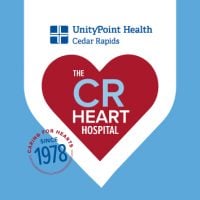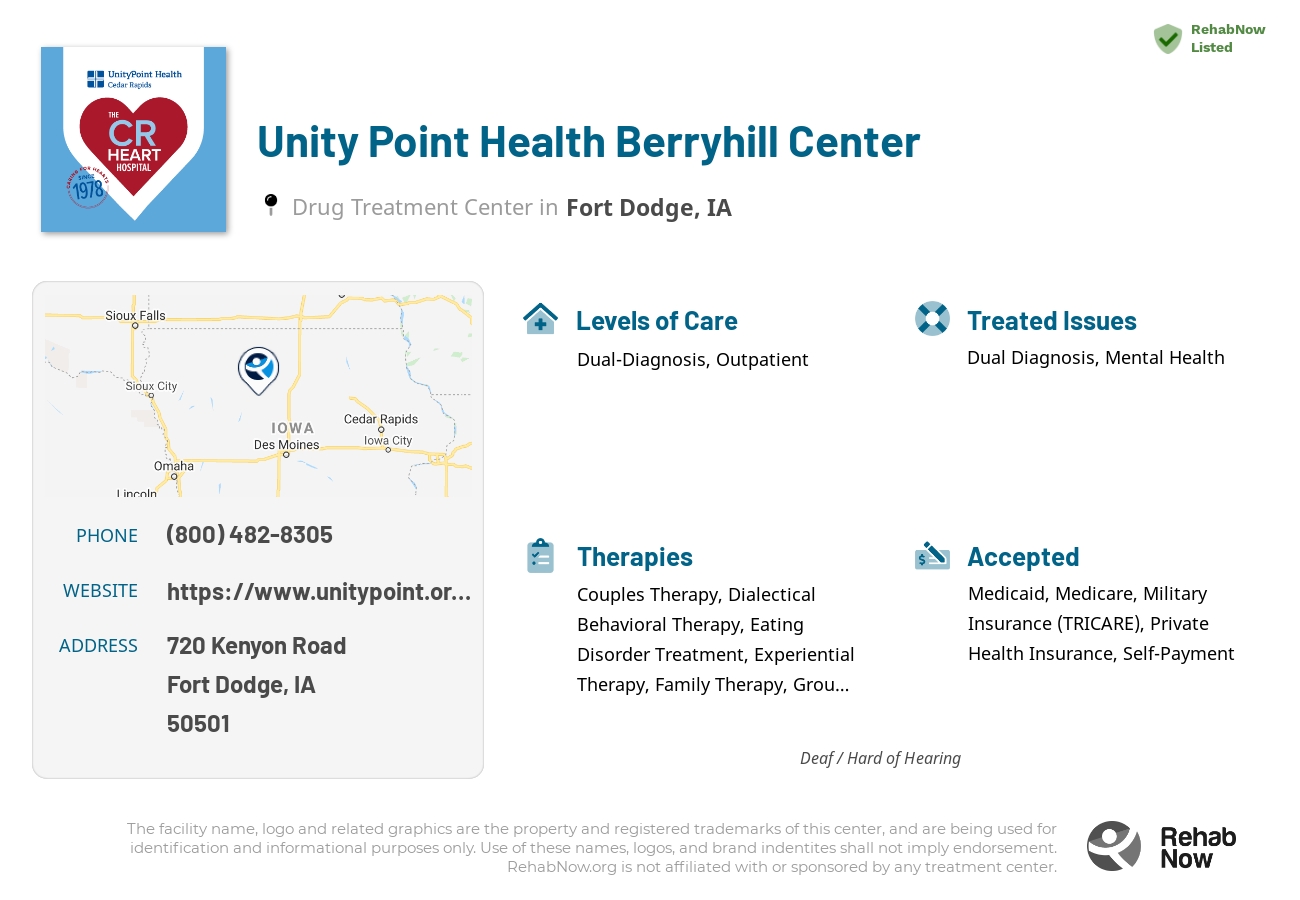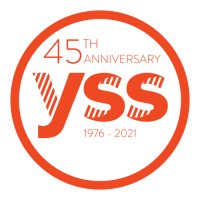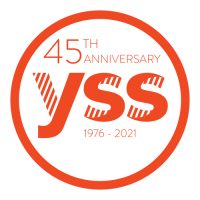Unity Point Health Berryhill Center
Drug Rehab Center in Fort Dodge, Iowa
Unity Point Health Berryhill Center in Fort Dodge, Iowa is an addiction and substance abuse treatment center offering comprehensive services, gender-specific programming, and a holistic approach to help individuals overcome their addictions and develop long-term recovery strategies.
About Unity Point Health Berryhill Center in Iowa
Unity Point Health Berryhill Center in Fort Dodge, Iowa is an addiction and substance abuse treatment center providing comprehensive services to help individuals overcome their addictions and live healthier, more meaningful lives. The Berryhill Center offers gender-specific programming, hospitalization and residential treatment, intensive care units, and outpatient services in various levels of care designed to meet the needs of each individual. The center places a special emphasis on the long-term success of its clients, helping them to develop the skills and strategies needed to sustain their recovery journey.
Unity Point Health Berryhill Center offers a variety of treatment services to address addiction and substance abuse, such as group and individual counseling, trauma-informed care, life skills training, educational and vocational services, recreational activities, pharmacotherapy management, and relapse prevention planning. With its holistic approach to treatment and recovery, the center helps individuals gain insights and understanding into the root causes of their addiction and develops personal strategies for dealing with triggers in the future.
Unity Point Health Berryhill Center is accredited by The Joint Commission, licensed by the Iowa Department of Public Health, and has received the Excellence in Addiction Treatment Award from the National Association of Addiction Treatment Organizations in 2015. The center also provides specialized programs such as an Intensive Outpatient Program for clients who have effectively completed a more structured inpatient program and need ongoing support for their recovery journey.
Genders
Ages
Modality
Additional
Conditions and Issues Treated
A “dual diagnosis” is when the individual has two medical issues at the same time. The top co-occurring mental disorders with addiction are depression, anxiety, ADHD, bi-polar disorder. Addiction is also considered a mental illness that is not a choice but rather a medical condition. Addiction can be caused by any number of underlying issues.
Dual diagnosis is provided by Unity Point Health Berryhill Center to treat addictive tendencies as well as any untreated mental illnesses. This ensures successful long term health and recovery for patients after treatment has been completed.
Dual diagnosis is provided by Unity Point Health Berryhill Center to treat addictive tendencies as well as any untreated mental illnesses for people in Iowa. This ensures successful long term health and recovery for patients after treatment has been completed.Levels of Care Offered
This center offers a variety of custom treatment tailored to individual recovery. Currently available are Dual-Diagnosis, Outpatient, with additional therapies available as listed below.
Outpatient programs at Unity Point Health Berryhill Center, the Fort Dodge resident can live with their family while continuing with their job or studies. Treatment includes educating the patient on drug abuse, medications, and counseling sessions at the individual or group level. Outpatient treatment plans cover diagnosis, detoxification, management, and counseling. They are a popular option for those who have graduated from inpatient facilities.
Therapies & Programs
Individual therapy is a form of counseling where you meet with a trained professional one-on-one. Meeting with a therapist in this setting allows for a personal and trusting relationship to be built. This allows the patient to open up about sensitive or private issues they may not feel comfortable discussing in a group. Individual therapy helps identify the root causes of your addiction, which can help prevent relapse.
Couples therapy for drug addiction is a unique form of therapy that allows family members to work through the emotional issues of their loved one’s addiction together. Family members can support each other while learning how to cope with the addiction and encourage healthy changes. The two will work with a therapist to learn how the addiction affects themselves and the relationship.
Family therapy is often done alongside drug treatment to help addicts stay sober. The goal of family therapy for drug addiction is to create an environment where communication can happen without judgment, hostility, or blame. The therapist will sit with the family so they can learn how to communicate differently and provide new tools for dealing with emotions so that people don’t want to drink or do drugs. It’s important for families to focus on relapse prevention plans during treatment so that if the addict feels like they want to use again, they’ll know what steps they need to take together to prevent it from happening again in the future.
Group therapy sessions are another common addiction recovery service. These group sessions typically involve six to 12 addicts who meet regularly with a trained professional for support and guidance.
During these sessions, the group shares their experiences with one another and provides feedback that can help each member avoid relapse or overcome specific obstacles they are facing in their recovery process. With this type of support and guidance, addicts can feel like they are part of a community that understands their struggles and will help them get through the hard times.
Many people struggling with drug addiction have experienced some form of trauma in their lives. It is crucial that these individuals seek out professional help; otherwise, their drug abuse and addiction will likely continue.
Therapists and counselors at drug treatment centers employ several treatment programs to help people struggling with drug addiction, including trauma therapy. Trauma therapy helps people dealing with addiction by allowing them to confront the traumas of their past and move past them.
It is important to note that trauma therapy should not be confused with PTSD (post-traumatic stress disorder). Rather, it is used to treat the effects of trauma, which are often at the root of addiction.
Dialectical Behavior Therapy was developed in the 1980s to treat chronically suicidal individuals. It is a cognitive-behavioral therapy that combines standard DBT with strategies derived from Zen Buddhism, such as mindfulness training.
DBT has been adapted for use with other types of psychiatric problems, including eating disorders, substance abuse disorders, borderline personality disorder, posttraumatic stress disorder (PTSD), and other personality disorders. Dialectical Behavior Therapy is considered a psychosocial treatment of BPD. This means that while it can be used alone or in conjunction with drug treatments, DBT does not rely on medications to treat the disorder. Instead, DBT aims to help patients change their thinking and behavior.
Cognitive Behavioral Therapy (CBT) focuses on the underlying thoughts and behaviors that caused the problem of addiction in the first place and may cause a relapse. Negative feelings are common in drug abuse disorders, but they can lead to co-occurring disorders if not recognized. CBT involves strategies that help to change the behavior pattern by restructuring negative thoughts into positive ones. It helps to remove these feelings, and it provides long-term benefits. Also, CBT promotes self-awareness and self-control. It can be administered as a monotherapy or as part of combination therapy.
CBT can improve the patient’s mood, reduce drug cravings and boost success rates on treatment plans. Regular practice can help individuals handle negative attitudes, thoughts, and feelings without turning to drugs or alcohol. The core belief of Cognitive Behavioral Therapy (CBT) is that one’s moods, behaviors, and actions are all connected. Individuals can improve their quality of life using CBT. It helps addicts understand the patterns of thought and feelings that cause them to use drugs or alcohol and develop a healthy response.
Medical nutrition therapy for addiction helps patients at Unity Point Health Berryhill Center avoid “trigger” foods. Someone who craves alcohol may be sugar addicted. Eating a balanced diet with adequate protein, vegetables, and fruit can help reduce drinking urges.
MNT is a type of addiction treatment that teaches patients about healthy eating habits while counseling them. These sessions include meal planning, cooking demonstrations, shopping tips, grocery store tours, and food education.
Nicotine replacement therapy is a drug treatment that allows people to get the effects of nicotine without chewing or smoking. The therapy is often done with a patch, and doses of nicotine are reduced until nicotine is no longer needed. NRT helps smokers get nicotine into their system without resorting to smoking, and it has been shown to be an effective way to help people quit smoking. Coupling NRT with counseling and other means of support gives long-term smokers a better chance of removing their unhealthy habit.
Patient Experience
Experiential Therapy at Unity Point Health Berryhill Center
Drug addiction causes the formation of abnormal connections between neurons in the brain to form due to repeated exposure to drugs. These connections are responsible for addictive behaviors to drugs. Experiential therapy is done with patients individually and is different from traditional talk therapy. This therapy can help people revisit past traumas, heal, and move on in life in a more authentic way.
Experiential therapy uses activities to recreate experiences that may have caused trauma or negative emotions. These activities include role-playing, arts and crafts, animal care, music, or rock climbing. The individual will gradually experience calmness and love and change their perception positively through this therapy. Other than drug addiction, experiential therapy can be helpful for behavioral or eating disorders.
Payment Options Accepted
For specific insurance or payment methods please contact us.
Is your insurance accepted?
Ask an expert, call (888) 674-0062
UnityPoint Health Associated Centers
Discover treatment facilities under the same provider.
- New Horizons in Muscatine, IA
- St. Luke's Hospital in Cedar Rapids, IA
- CADS - Center for Alcohol and Drug Services - Locust in Davenport, IA
- CADS - Center for Alcohol and Drug Services - Davenport in Davenport, IA
- CADS - Center for Alcohol and Drug Services - Country Oaks in Davenport, IA
Learn More About UnityPoint Health Centers
Additional Details
Specifics, location, and helpful extra information.
Fort Dodge, Iowa 50501 Phone Number(800) 482-8305 Meta DetailsUpdated November 25, 2023
Staff Verified
Unity Point Health Berryhill Center Patient Reviews
There are no reviews yet. Be the first one to write one.
Fort Dodge, Iowa Addiction Information
Iowa ranks 2nd lowest in the nation for illicit drug use, but 12% of its residents are still using these drugs every single year. Methamphetamines account for more than 90% of all drug-related prison admissions in Iowa. Alcohol is the most widely abused substance in the state, with 23% of residents admitting to heavy drinking.
Fort Dodge, IA, has a drug abuse rate of 9.8% and a drug addiction rate of 5.9%. In 2014, there were 188 drug-related hospitalizations in Fort Dodge. The most common drugs involved in overdose deaths are opioids such as fentanyl and heroin. The types of treatment available in Fort Dodge, Iowa, vary depending on the facility, but all offer support and guidance for those in recovery.
Treatment in Nearby Cities
- Osceola, IA (103.0 mi.)
- Sibley, IA (100.9 mi.)
- Nevada, IA (49.8 mi.)
- Marshalltown, IA (72.5 mi.)
- Tama, IA (90.5 mi.)
Centers near Unity Point Health Berryhill Center
The facility name, logo and brand are the property and registered trademarks of Unity Point Health Berryhill Center, and are being used for identification and informational purposes only. Use of these names, logos and brands shall not imply endorsement. RehabNow.org is not affiliated with or sponsored by Unity Point Health Berryhill Center.







